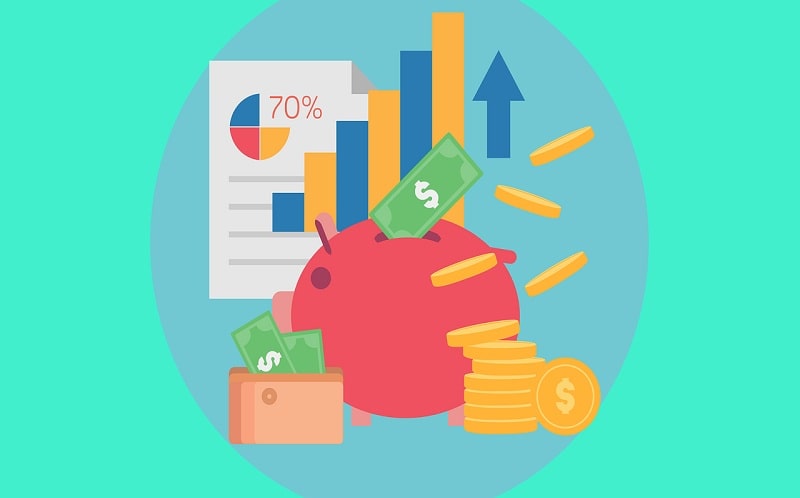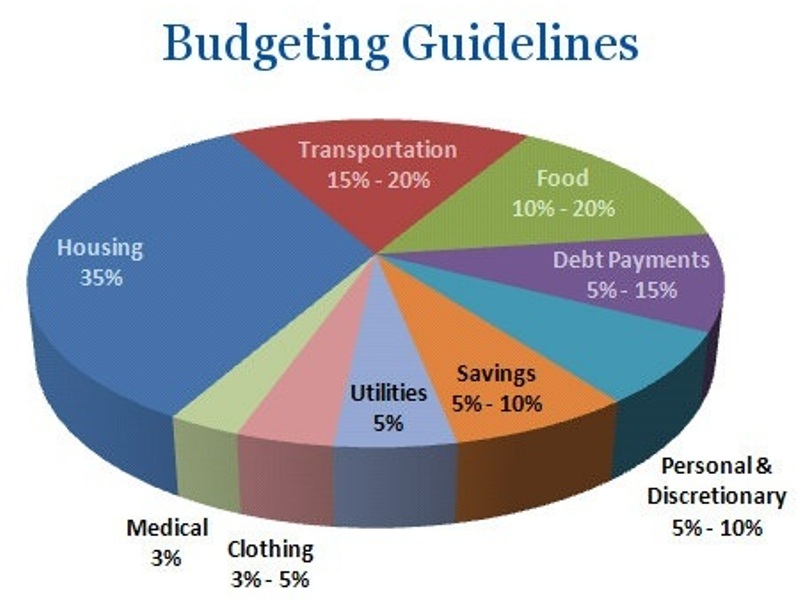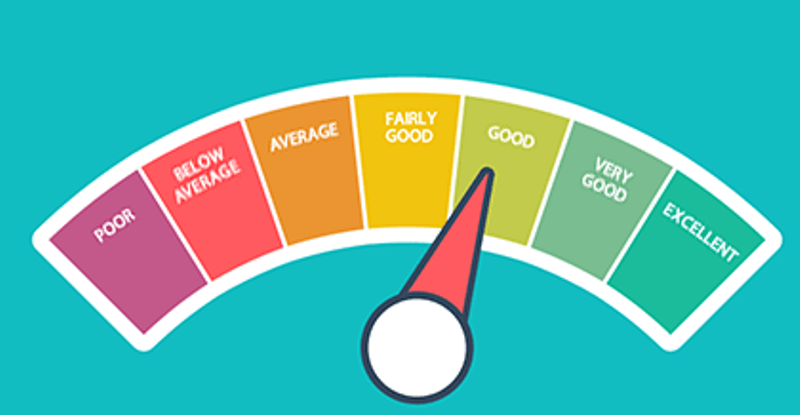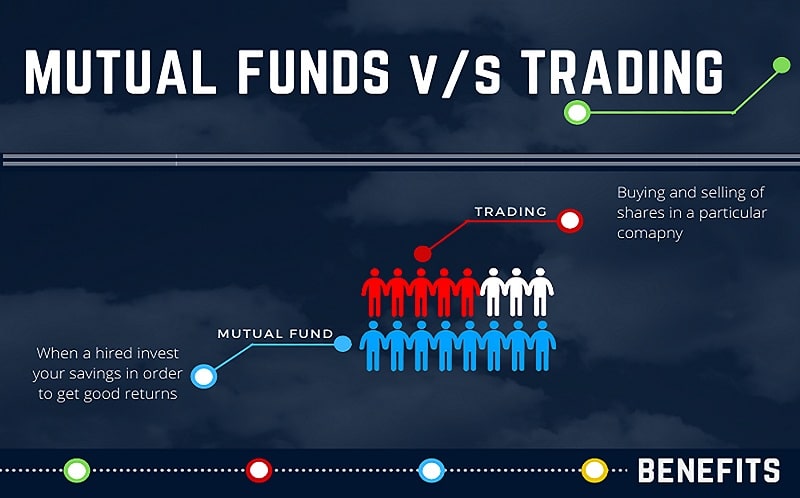Saving is like a slimming diet: good resolutions are there, but it’s hard to put them into practice. The tips mentioned below will increase your chances of success.
1. The habit of depositing money in Savings account
Make it a habit to pay a portion of your salary to your savings account at the beginning of the month. In this way, you will not succumb to the temptation of impulsive buying so quickly; if you need to withdraw the money from your savings account, you will think about it at least a little longer.
2. During a period, pay all your small expenses in cash
Thus, you will have a better vision of what you spend. Because you have to make sure you have enough liquid, you realize how much money it is; if you pay for everything with your card, you lose sight of this global view.
3. Calculate your daily habits
Calculate how much little ‘habits’ are on an annual basis, such as daily coffee at the station, this daily snack of the automaton at work, or your cigarettes. This is sometimes scary, do not hold back from enjoying life all the same, but take care to have a clear vision of your expenses. It’s the only way to keep control in your hands.
4. Realize how much you can actually save
You can make a savings plan to pay an amount on a regular basis. In this way, you make your savings a habit, and this is only beneficial, but if you need this money at a certain time because your reserve is insufficient, you still have to take it back. Your return may be lost in this case. The most important is to realize how much you can actually save and anchor it in your head. It’s better than starting to save and get stuck, without thinking, with all the possible consequences on your financial control and your performance. Saving consciously 100 dollars per month and maintain this effort in the long run, will have more effect than impulse saving with a start of 1000 dollars in a savings plan.
5. Manage a budget
Knowing how to manage a budget helps to realize how much money you need for expenses and how much you can actually save. With budget management programs you can divide your income into different ‘pots’, using a convenient app. It goes without saying that you can also do this with a simple notebook, but such an online program gives a clear graphic preview and performs the calculations for you.
6. Accept payment in installments if it is offered for free
But do not choose a global package because of this benefit. First, calculate the separate costs before you settle on free installment payment.
7. Save for Grandchild
Do you want to save for your (grand) child and you do it through a savings plan, it is better to save your own name; the guarantees hidden in such a plan – it’s a minor – weigh on your performance. In such a case, it is better to analyze how much you can exactly save on which term and how you can maximize profitability.
In addition, you can give the money when you are certain that the child will spend it wisely. If you save in the name of the child, he becomes master of the plan at the age of 18, a time when it is particularly attractive to do “nonsense” with this money and not, as you could -be considered, invest in this first home.
8. Often, banks or insurers offer products with a “plus” in marketing
A savings account that also serves as balance insurance remaining due for example do not choose them automatically based on the flexible element that is offered to you; in most cases, you will find this flexibility elsewhere, even at a lower price. Keep in mind that your savings plan must be tailored to your needs and not automatically fit into the formula your bank or insurer has developed. Keep control over you do not delegate this control to the bank.
9. The disadvantage of tax-advantaged investments
The disadvantage of tax-advantaged investments is that they end at a certain point in time and re-analyze reinvestment opportunities, whether the market is favorable or not. Sometimes it is more advantageous to exit earlier and see proactively if your money does not offer more return otherwise.
10. Pay your bills on time
An administrative reminder fee is easily 5% to 10% of the amount of a small invoice.
11. Do not go negative on your account
Here too the negative interest quickly rises to 10%.
Conclusion: A good financial surprise?
Refunds taxes, a lower energy bill? Do not go shopping impulsively, but put that amount in the long run. You can do so much more in the future. To protect your savings, you have to put it on an asset that will return a capital preserved at maturity.
Some investments, such as tax-free booklets, life insurance, or real estate are suitable for this purpose. To be sure to select the right savings formula, one must look at the protection it offers against inflation, its returns, but also the costs and the liquidity it provides.






































